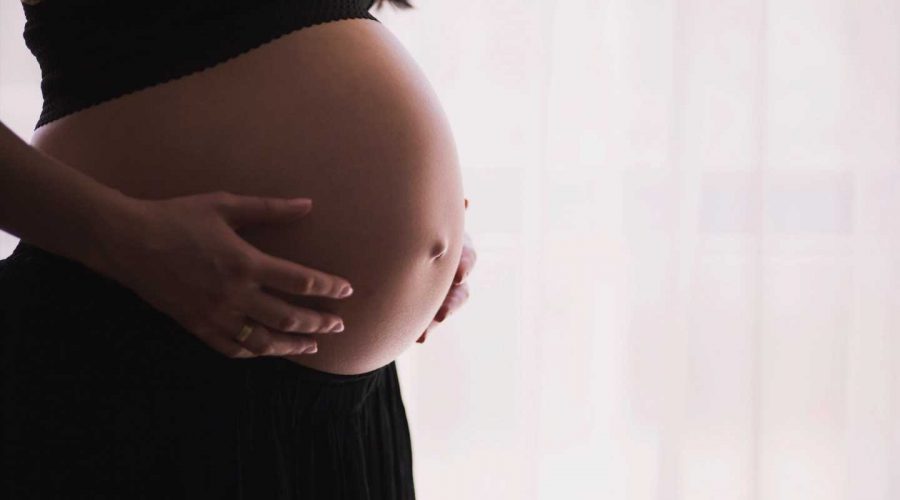High rates of iron deficiency in women during late-stage pregnancy

Pregnant women may need to take more supplemental iron than current Health Canada guidelines recommend, after two UBC researchers found high rates of iron deficiency in a recent study.
The research investigated iron deficiency prevalence among 60 pregnant women in Metro Vancouver and found that over 80 percent of them were likely iron-deficient in late pregnancy despite taking daily prenatal supplements that provided 100 percent of the daily iron recommendation in pregnancy.
“This was much higher than I expected to see, which worries us because a woman who is iron-deficient in pregnancy is at higher risk for having an infant with iron deficiency,” said faculty of land and food systems professor Dr. Crystal Karakochuk (she/her), the study’s principal investigator.
Iron is an important nutrient during pregnancy and infancy as it supports optimal growth and development for the fetus and, eventually, the baby.
Kelsey Cochrane (she/her), a Ph.D. candidate in the faculty of land and food systems and the study’s first author, explains that, for the first six months of their lives, babies rely on iron stores they built throughout gestation.
Iron needs vary from person to person
Although additional iron on top of a prenatal supplement is often recommended for women who are iron-deficient, the researchers found that only 41 percent of those with low iron stores were taking additional iron.
Health Canada currently recommends women take a supplement containing 16-20 mg of supplemental iron, in addition to what comes from the diet, to meet the recommended daily dietary allowance of 27 mg. Most prenatal vitamins contain approximately 24-27 mg of supplemental iron.
“We need to determine how to better identify pregnant women who are at risk and take a more individualistic approach on addressing the issue,” said Dr. Karakochuk.
Although the study results may make it seem like current guidelines are low, iron levels vary from person to person. An individual’s iron levels depend on various factors such as whether they eat red meat or a vegan/vegetarian diet, other health or genetic factors, or what type of iron they’re taking and how often.
“It’s also very surprising for me that a lot of women—approximately 40 percent of those who were iron-deficient in the study—were not taking that additional iron,” Dr. Karakochuk said.
The number of women not taking additional iron shows the need for building awareness about the importance of taking iron supplementation instead of assuming that solely diet or alternative sources are sufficient, said Cochrane.
Caution on prenatal gummies
Since many women aim to meet their iron needs through prenatal multivitamins, both researchers advise taking a closer look when purchasing and using the popular prenatal gummies.
“We raise caution to pregnant women on the use of prenatal gummies, as they do not contain any iron,” Dr. Karakochuk said. “Many women are not aware that there is no supplemental iron in prenatal gummy formulations.”
Cochrane explained that many women tend to assume that the prenatal gummy has everything they need, but, for the most part, it’s not yet possible to put a stable form of iron in gummies. This may not be indicated on the front label.
In the future, the researchers hope to see more iron-monitoring recommendations in the standard guidelines. They also encourage further research into the specific doses, duration and forms of additional iron needed during pregnancy so that this is well defined for physicians giving advice.
This study was published in the Journal of Nutrition.
More information:
Kelsey M Cochrane et al, Iron-Deficiency Prevalence and Supplementation Practices Among Pregnant Women: A Secondary Data Analysis From a Clinical Trial in Vancouver, Canada, The Journal of Nutrition (2022). DOI: 10.1093/jn/nxac135
Journal information:
Journal of Nutrition
Source: Read Full Article
